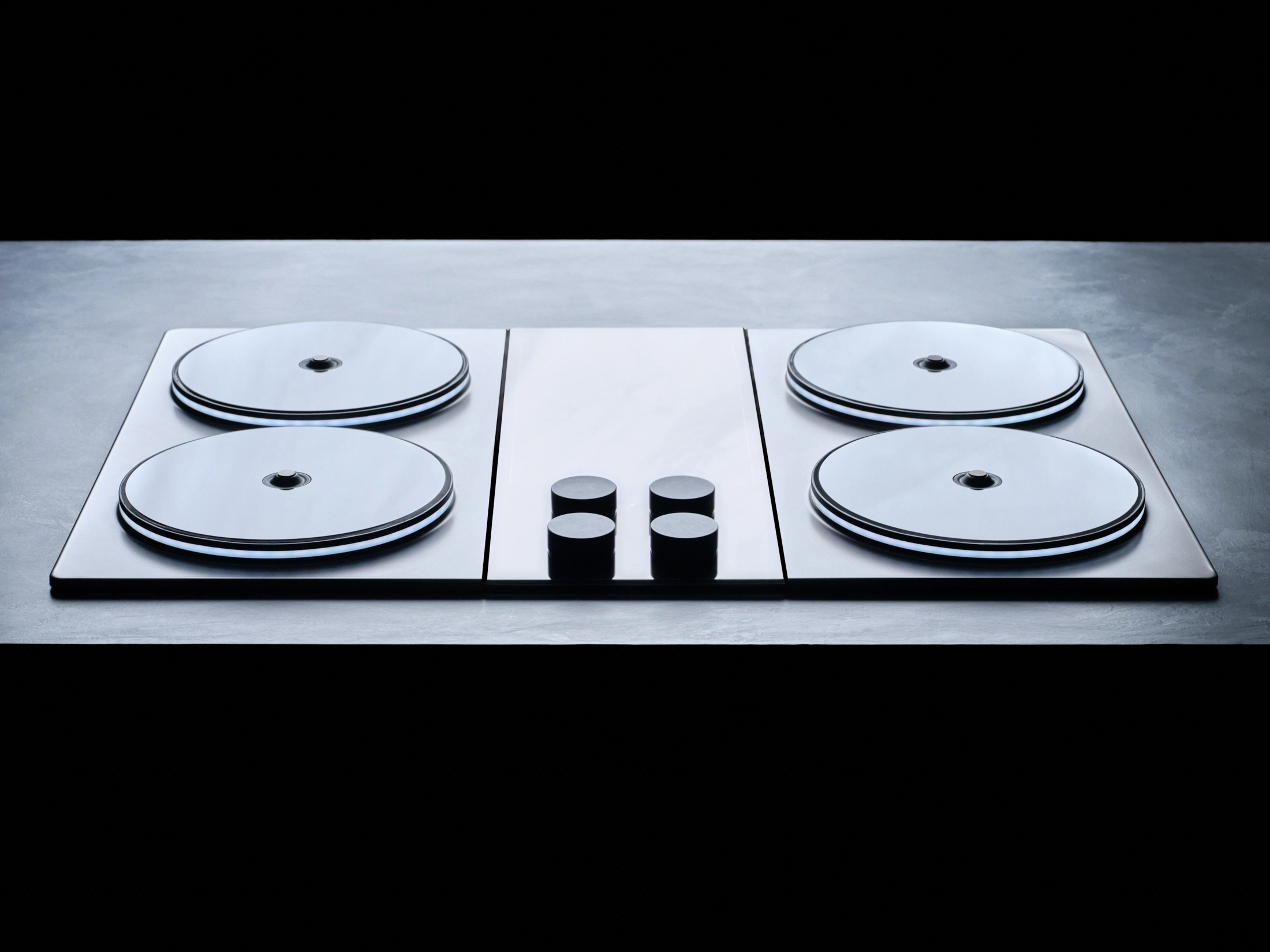Our battery completely changes that equation. Whether it’s hooked up to a 120V or 240V connection, our battery charges gradually while you’re not using it. Then, when you’re ready to cook, it can quickly release the power it’s stored up to achieve astoundingly high performance. We’re talking 72,000 BTU/h. Compare that to 18,000 for the best gas stoves.
I have a hard time conceptualizing using a stove that puts out 4 times the energy of the best gas stoves. It’s not like we need pans to get even hotter. I guess maybe that level of power would be only really used to heat up water to a boil? I guess it could be pretty hard on the cookware. I think it would be more efficient to have a insulated water boiler that just keeps water just below boiling all day long.
I don’t think I’ve ever cooked on induction, though, so maybe I’m missing something. Either way, though, I’m glad this technology seems to be coming along
Yeah, it’s an instant-boil capability.
If they made a wok version of the stove, it would allow something equivalent to commercial-kitchen stir-fries.
The big deals for most people are:
- the battery means you can run the stove off a 120v connection and avoid the expense of rewiring a kitchen built for gas
- You get the ability to cook for a week or so during power outages
Apparently the battery is only good for “three meals”. But the idea is not bad, just overpriced a lot.
That’s down a lot from what was proposed earlier when they first announced
Don’t know about the costs, but isn’t rewiring cheaper in the long run?
That’s what I was thinking. My place isn’t wired for 240v. I was initially excited. Then I saw the price and converted to Canadian dollars. It’s been a while since I’ve priced it out, but I think it would be less expensive for me to put in 240v, get power to my shop, and buy a used electric stove. Obviously, I wouldn’t have induction, but that’s not something I actually care about.
Not if the stove (and its battery) last for several decades. Even with the higher cost of this stove as compared with other induction stoves, it’s likely a cheaper choice for 10% to 20% of US households looking to get off gas.
Show me a battery that lasts decades…
A lot of the EV batteries are likely to last 20+ years.
What do you mean with “last” exactly?
I mean retain about 70% of their original capacity. Most of them seem to be holding up to that.
Seems perfect for the home metallurgist.
Building the future of home electrification
So, why a battery? It comes down to three main reasons:
Improve performance Make installation easy Pave the way towards resilient, efficient, fully-electrified home
All these points they make are bullshit.
How so?
I’m curious, what makes them inaccurate?
A stove is probably the last thing I’d try to put batteries in, but being able to make wok hei stir-fry without a propane burner is going to be uniquely appealing to some people.





